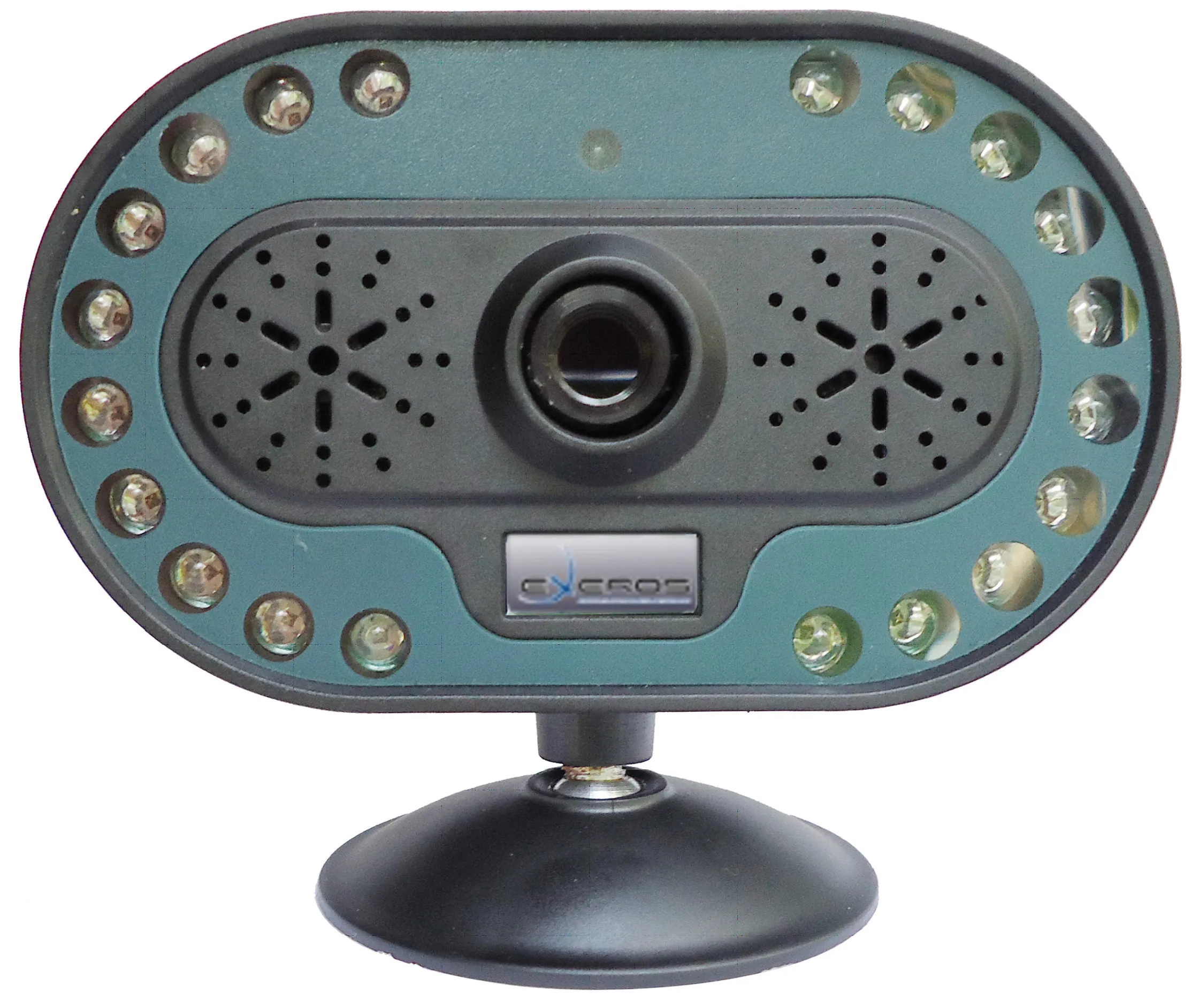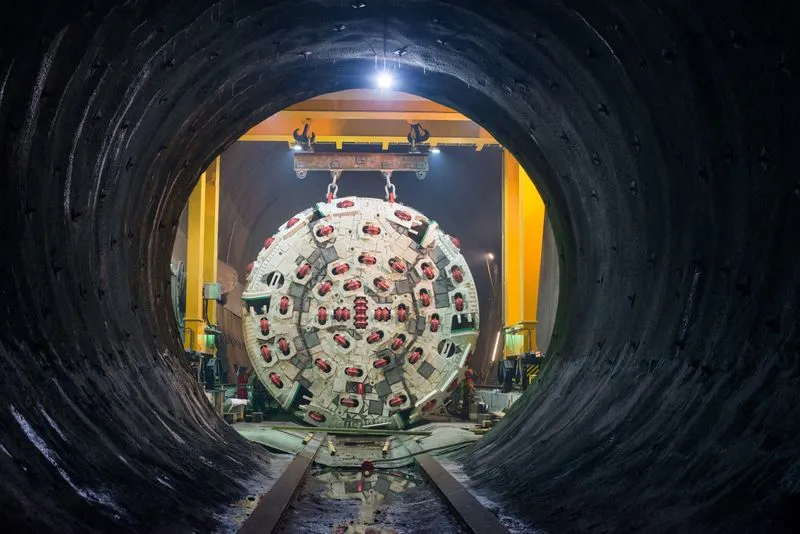UK firm Exeros Technologies has developed a camera and alarm system that can help combat the problem of driver fatigue. The system is smaller than most satnav devices and is a non-contact system that uses an advanced video camera algorithm. This allows the camera to monitor the driver’s eyes and face for signs of fatigue or prolonged distraction. It uses advanced facial recognition techniques to detect and monitor retina and eyelid movement of the driver. Should the driver show signs of fatigue, the camer
February 15, 2012
Read time: 2 mins

UK firm 2703 Exeros Technologies has developed a camera and alarm system that can help combat the problem of driver fatigue.
The system is smaller than most satnav devices and is a non-contact system that uses an advanced video camera algorithm. This allows the camera to monitor the driver’s eyes and face for signs of fatigue or prolonged distraction. It uses advanced facial recognition techniques to detect and monitor retina and eyelid movement of the driver. Should the driver show signs of fatigue, the camera will recognise this by assessing retina response to light and closure of eyelids, which often slows and decreases when tired. When the device recognises signs of fatigue, it will alarm the driver with loud audio tones and warnings within 2 seconds of the driver beginning to fall asleep. The system also works to watch head movement of the driver and should the driver look out of the window for longer than 4 seconds, the device will provide a warning.
The system is smaller than most satnav devices and is a non-contact system that uses an advanced video camera algorithm. This allows the camera to monitor the driver’s eyes and face for signs of fatigue or prolonged distraction. It uses advanced facial recognition techniques to detect and monitor retina and eyelid movement of the driver. Should the driver show signs of fatigue, the camera will recognise this by assessing retina response to light and closure of eyelids, which often slows and decreases when tired. When the device recognises signs of fatigue, it will alarm the driver with loud audio tones and warnings within 2 seconds of the driver beginning to fall asleep. The system also works to watch head movement of the driver and should the driver look out of the window for longer than 4 seconds, the device will provide a warning.









